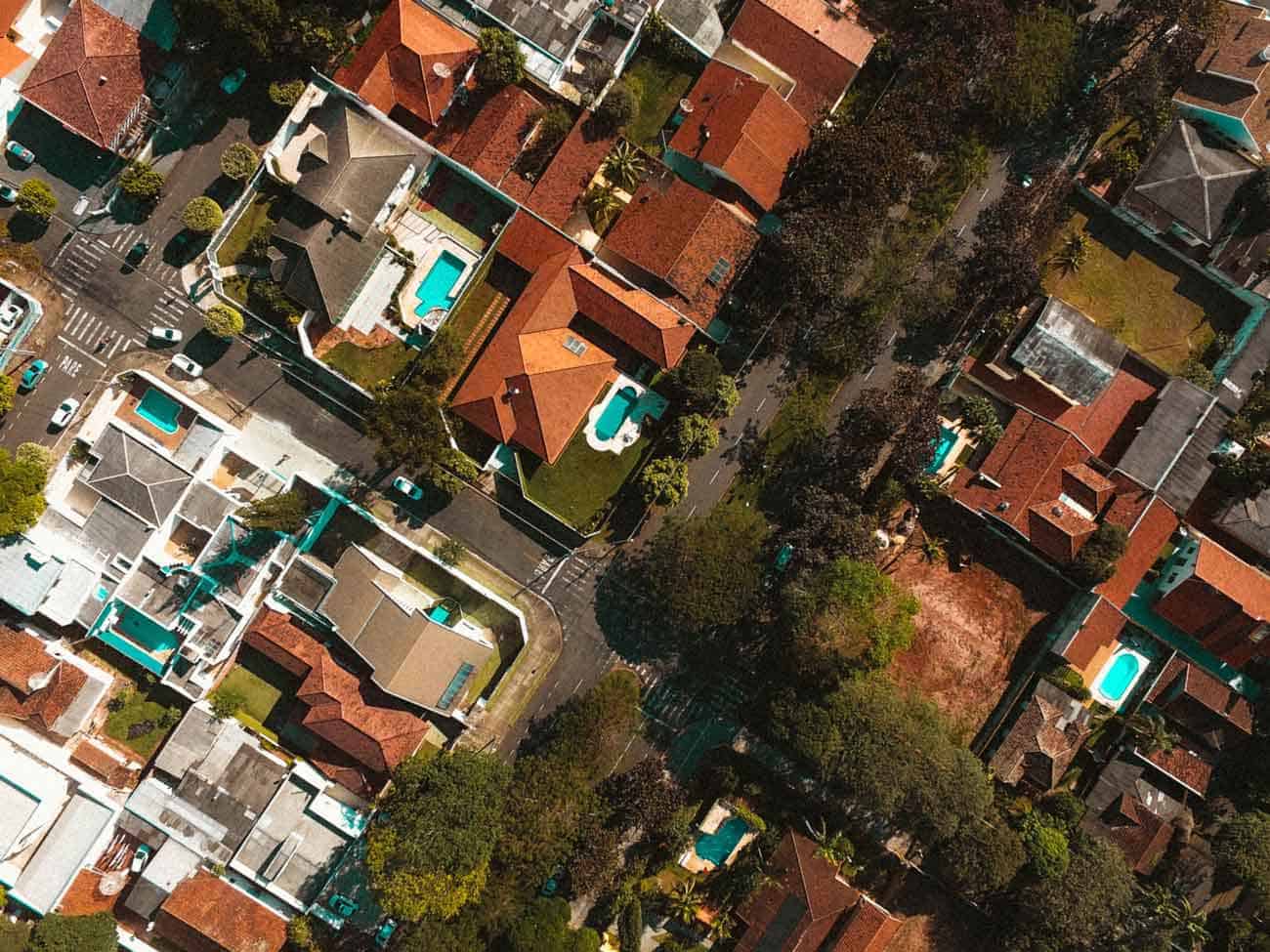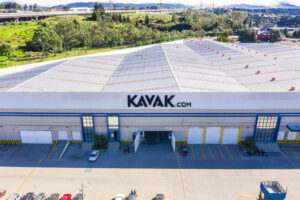
Por Jacob Atkins
December 2, 2019
Contxto – Like a property agent coming to a showing with an extra set of terms and agreements, QuintoAndar has officially entered the scene. That’s to say, now one of Brazil’s youngest unicorns will begin brokering the buying and selling of real estate.
This proptech announced the development last Thursday and is reportedly beginning in early December in certain parts of São Paulo. In fact, this development follows QuintoAndar’s recent Series D worth US$250 million led by SoftBank.
All in all, the company, worth over US$1 billion, intends to emulate the traditional market. Where it will differ, however, is providing better sources of liquidity in the sector.
“We see the possibility of replicating the rental market learning in the real estate buying and selling segment,” said Gabriel Braga, co-founder and CEO of QuintoAndar to EXAME.
Moving forward, prospective homebuyers can look forward to a simple visitation process when shopping around for their dream homes. Registered and viewable over the platforms, brokers will be readily available to assist people in inspecting QuintoAndar properties.
This new service will also be available to traditional brokers and real estate agents. Furthermore, in terms of compensation, QuintoAndar will allegedly receive a 6 percent commission for transactions.
Similar to other parts of Latin America, the Brazilian immovable property market deals with a range of inefficiencies. Right off the bat, it takes an average of 480 days to sell a property in the country, making it an excruciatingly slow and convoluted legal process.
At the same rate, another hurdle involves insufficient property information. This can range from inaccurate ads, outdated information, poor quality photos, etc.
Due to these shortcomings, Braga intends to continue combining industry knowledge with “technology and data to bring the same positive rental experience to the buying and selling segment.”
Part of this entails QuintoAndar representatives appraising properties themselves. This way, they can ensure the most accurate information and best quality images. This all means less deception from the consumer’s perspective.
-JA

Por Yanin Alfaro
February 17, 2026

Por Israel Pantaleón
February 17, 2026

Por Stiven Cartagena
February 13, 2026